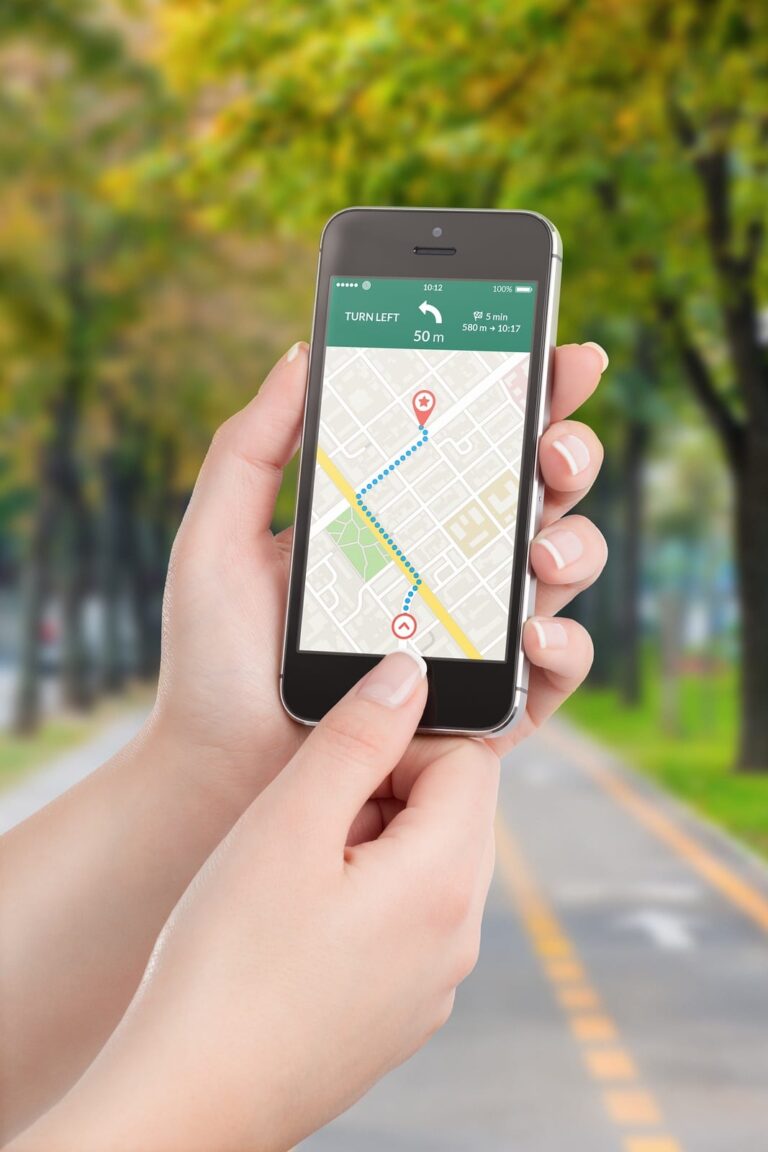According to the Alzheimer’s Association, 6 in 10 people with dementia will wander. This can be dangerous for the person with dementia and cause significant stress for his or her caregivers, even though 94% of people who wander are found within a mile and a half of where they disappeared. Wandering and getting lost can occur at any stage of dementia, so being on the lookout for the warning signs is vital for the person’s safety. If you notice your loved one is gone for extended periods of time when he or she is just running up to the store, starts pacing, or appears lost in an unfamiliar environment, it’s time to make a plan so you’re prepared in the event of an emergency situation.
Some of the Best GPS Tracking Devices for the Elderly
Because wandering can be so dangerous and even life-threatening, GPS tracking devices for dementia patients are a great option to provide peace of mind for the sufferer and caregiver alike. These tracking devices have become an increasingly good way to reduce wandering overall and keep elderly loved ones safe.
Today, there are some amazing GPS tracking devices for the elderly on the market. Here are just a few:
- Comfort Zone® Check-In: Comfort Zone Check-In is a program offered by the Alzheimer’s Association to assist in the monitoring and return of a loved one with dementia or Alzheimer’s disease. It can be paired with a variety of devices and plans, so you can choose the solution that will work best for you.
- MedicAlert® + Alzheimer’s Association Safe Return®: Another program offered in conjunction with the Alzheimer’s Association, MedicAlert® is a 24-hour nationwide emergency response system that allows caregivers to call an emergency hotline to report a lost loved one, activating a community support network and law enforcement agencies to help locate the dementia sufferer.
- Project Lifesaver: Project Lifesaver’s mission is to “to provide timely response to save lives and reduce potential injury for adults and children who wander due to Alzheimer’s, autism and other related condition or disorders.” Seniors are given a small transmitter that is worn around the ankle, and if they wander, caregivers call a local Project Lifesaver agency and a trained team will respond immediately.
- PocketFinder: The PocketFinder GPS tracking device is small, waterproof, and has an extended battery life. You can view a GPS location as well as an address, how far you are from that address, and the speed at which the device is moving. It can alert you when it leaves a specified area you’ve designated by setting geo-fences, so you’ll know the moment your loved one has left an area.
- Mindme: Mindme is a device that is about the size of an electronic car key, and like PocketFinder can provide location updates as well as when your loved one has moved out of a specified area. It can also report location within 30 feet every 5 minutes and allows you to contact a Mindme response center in case of an emergency.
- GPS Smart Sole: This device is a wearable technology in which satellite monitoring is used in a sole which is placed into a shoe, providing real-time tracking of the wearer. You can set up a “safe zone” for your loved one, and the device will provide a detailed report of location history that you can track from a smart phone, tablet or web browser.
Get peace of mind and keep your loved one safe with these GPS tracking devices for dementia patients. These products are a must-have that can potentially save a life.
For more information about American Senior Communities, please visit www.ASCSeniorCare.com.




